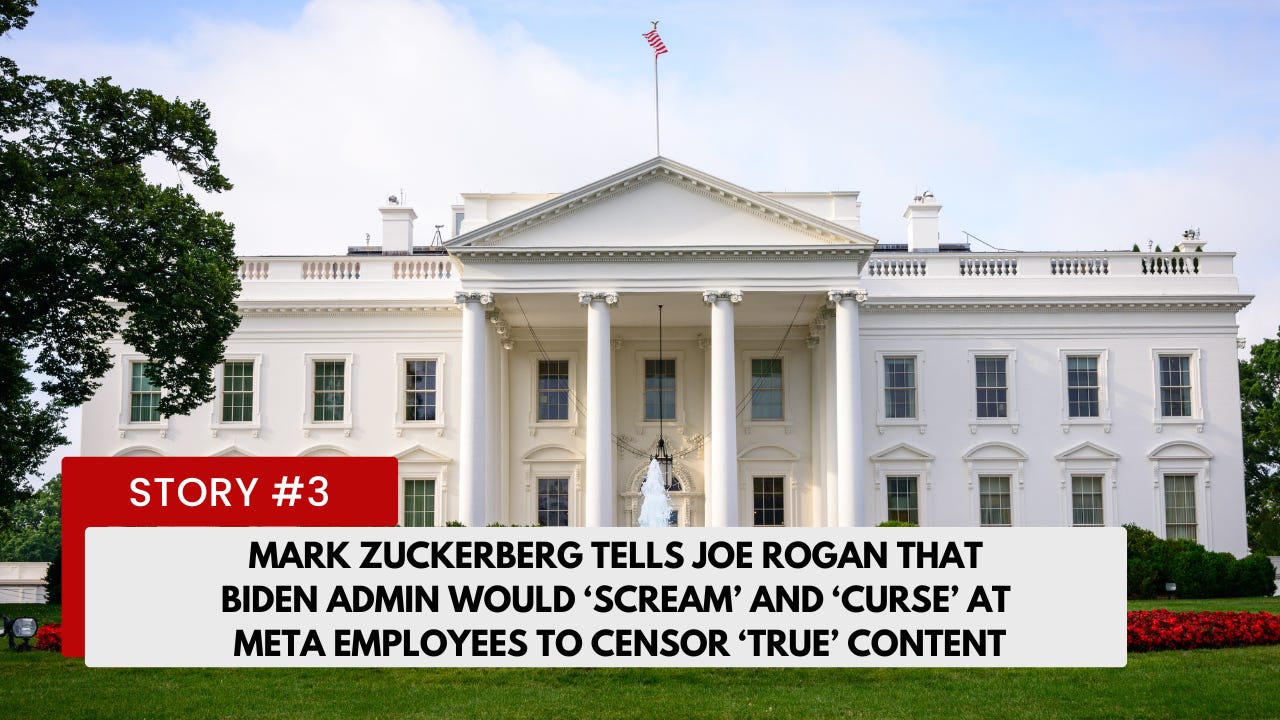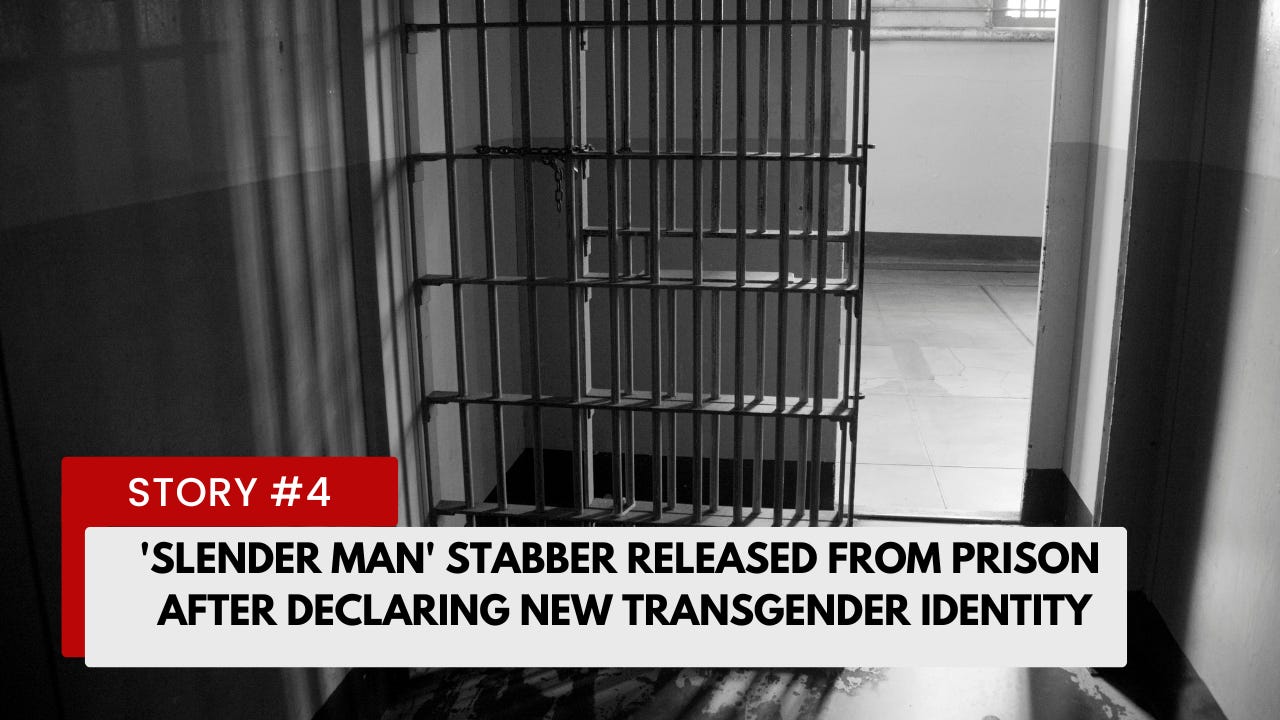This email is free Monday through Friday! I also produce special investigations and shows on Thursday, Friday, and Sunday.
I left a high-paying media job to go independent, and I can’t do it without your support.
Paid subscriptions are just $6/month and keep this work alive. Cancel anytime. Click the red subscribe button to join!


GRAND RAPIDS, Mich - Michigan’s second-largest city wants its residents to drive less, switch to electric vehicles, and use less energy, according to its 95-page draft of a climate action and adaption plan.
The city of Grand Rapids’ climate plan uses the amount of greenhouse gases emitted by municipal operations in 2008 as its benchmark, setting a goal to reduce their emissions by 85% by 2030 and 100% by 2040.
The plan will try to reduce community greenhouse gas emissions by 62.8% per capita by 2030, with 2019 as the benchmark. The plan has six chapters: energy (more solar use), healthy homes (less electric use; income-based electric rates), commercial buildings (less energy use), transportation (more carpooling and cycling, denser developments), natural systems (more trees and rain gardens), and food systems (more urban agriculture and composting, less food in trash). Click here to read more.

The $750,000-a-year LA water czar is responsible for a raft of failures that contributed to the devastating Palisades Fire, fire department insiders told DailyMail.com.
On Mayor Karen Bass's orders, the city maxed out its budget to 'attract private-sector talent', hiring Department of Water and Power (LADWP) CEO Janisse Quiñones on a $750,000 salary in May – almost double that of her predecessor.
Now, Quiñones is being blamed by LA Fire Department (LAFD) insiders for leaving a nearby reservoir disconnected and fire hydrants broken for months, DailyMail.com can reveal, leading to firefighters running out of water as they battled the devastating Palisades Fire this week.
And, Daily Mail.com has learned, Quiñones past employer is also linked to fire scandals. She was previously a top executive at electricity company PG&E, which went bankrupt over liability for several massive wildfires in California. Click here to read more.

WASHINGTON D.C. - Meta CEO Mark Zuckerberg told podcast host Joe Rogan on Friday that officials in President Joe Biden’s administration would yell and hurl profanities at his company’s employees over content censorship.
The Biden administration pushed Facebook to censor posts about COVID-19 that it deemed misinformation, according to documents published by House Judiciary Committee chairman Jim Jordan in July 2023. Zuckerberg, on “The Joe Rogan Experience,” revealed that also Meta faced investigations and backlash after Biden accused Facebook of “killing people” in July 2021 for not censoring so-called COVID-19 misinformation.
“Basically, these people from the Biden Administration would call up our team and like scream at them and curse,” Zuckerberg said. “And it’s like these documents are — it’s all kind of out there.”
Rogan asked if Meta had recorded any of the calls, but Zuckerberg said he did not believe so. Click here to read more.

MADISON, WIS - A Wisconsin judge granted an early conditional release Thursday to Morgan Geyser, who was convicted of stabbing her childhood friend more than a decade ago.
Geyser, then 12 years old, along with Anissa Weier, stabbed another girl, Payton Leutner, 19 times to appease the fictional horror character Slender Man back in 2014.
The now-22-year-old was originally committed to the Winnebago Mental Health Institute to a maximum 40 years of state mental health supervision after she was found not guilty by reason of mental disease in 2018.
Geyser was back in court on Thursday, seeking to be released from a state psychiatric hospital after her previous request was denied in April. Geyser's latest petition for release is the fourth time in the past two years she has asked to be let out of the facility, though she withdrew her first two petitions. Click here to read more.

An illegal immigrant faces multiple felonies after the Clare County Sheriff’s Office alleges he purchased a vehicle through Facebook Marketplace using fake $100 bills.
Victor Julio Tellaria-Sanchez, 36, purchased the car from a Harrison woman at her residence on New Year’s Day for $3,600, paying in 36 $100 bills, the sheriff’s office alleges in a press release cited by the Clare County Cleaver.
“A short time after the male left with the vehicle, the victim took the bills to a gas station where a counterfeit pen was used on the bills,” the release read. “Several of the bills that were tested showed the bills were fake. Once the victim learned the bills were fake, she attempted to contact the male, however the account of this male had been deactivated.” Click here to read more.




















